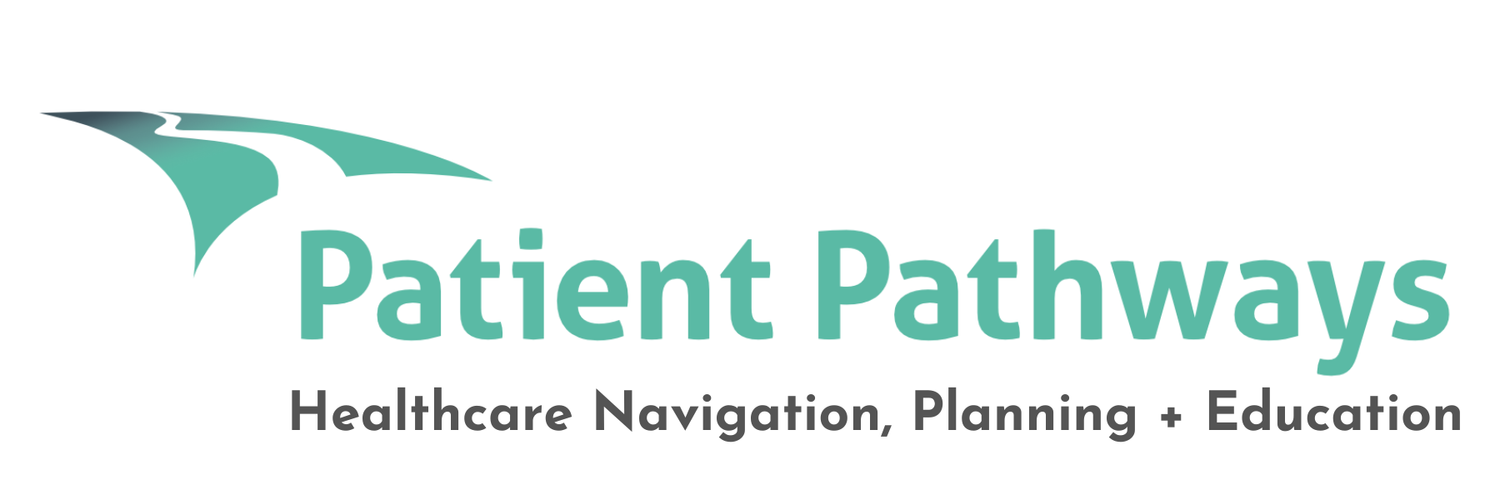Enduring Power of Attorney (EPOA) in Healthcare
An Enduring Power of Attorney is highly recommended to take care of Financial and Legal affairs. The health Representative can also be the EPOA: but it requires two separate documents.
The word “enduring” might not be in the heading of the document, but somewhere in the document, it will likely say, “In force when the adult is both capable and incapable.” Discussions of when the document can be put into effect must be discussed with a notary public or estate lawyer.
For families with a loved one in hospital or residential care, it is vital to have an EPOA in place, whether the adult remains capable or has become incapable:
● Bank accounts need to be accessed.
● Bills need to be paid.
● The EPOA will need to provide a Notice of Assessment for subsidized home care or residential care and payment of fees.
● The EPOA will need to provide authorization and payments for private home care or residential care.
“If the adult becomes incapable and if it’s too late for an EPOA to be prepared, the process of committeeship and dealing with PGT is cumbersome, expensive and time-consuming for all parties.” ~Bell Alliance Law.
If the adult is showing signs of cognitive decline, getting an EPOA in place should be at the top of your priority list:
The adult must be capable at the time that an EPOA is put into place before serious illness and cognitive decline make the process impossible.
There can be significant delays in having this put in place at banks, especially if the adult can’t attend. Start the process as quickly as possible.
If the adult’s condition is deteriorating and/or capability might be an issue in the near future, call a mobile notary public or estate lawyer to get all Advance Care Planning and Estate documents in place as soon as possible.
An EPOA can be done for free. It does not need to be witnessed by a notary or lawyer and needs two witnesses who are not the EPOA or beneficiaries of the Will. However, if you have significant assets or real estate, a document that is drawn up by a legal representative is strongly advised (and worth every penny.)
Seniors First BC (includes a thorough discussion of the documents
People’s Law School (Details on POAs and preparing the form)

